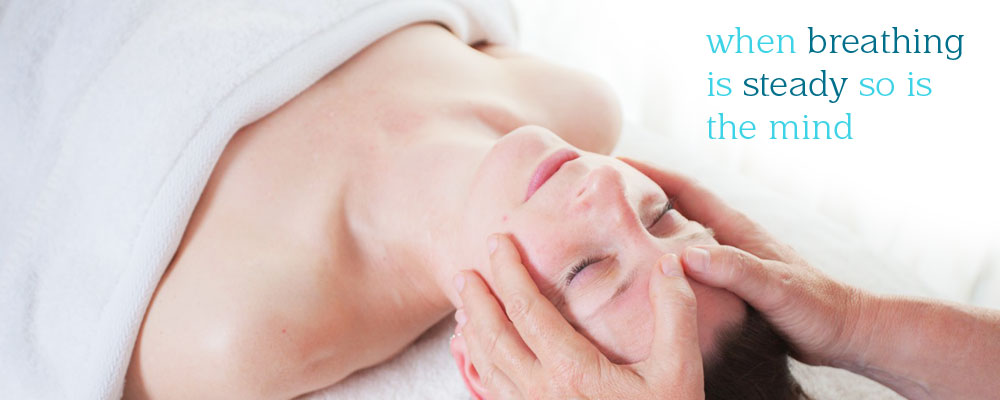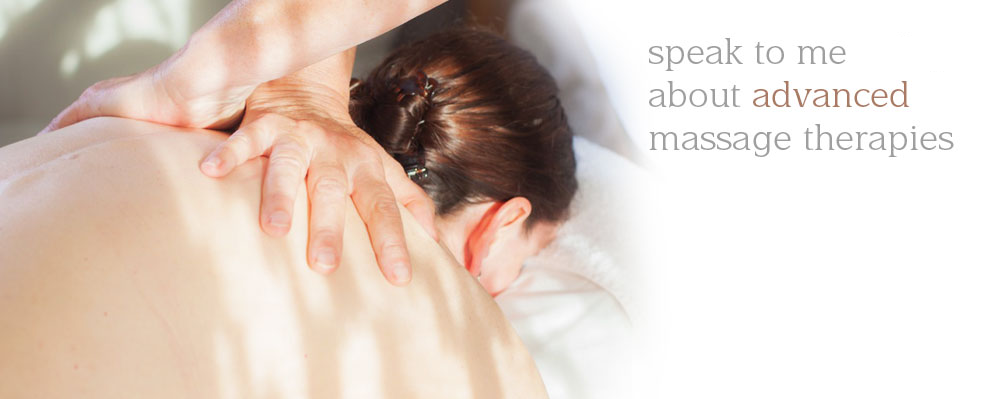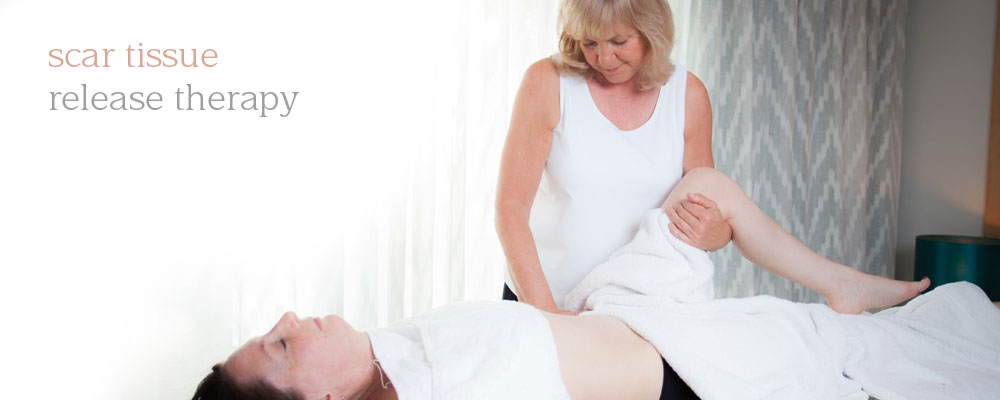Temporal Mandibular Joint Pain and Dysfunction
I can offer treatment for Jaw Pain or TMJ (Temporal Mandibular Joint) pain in Cirencester and the Cotswolds. I provide a mobile service and can come to your home anywhere in the Cotswolds, Cirencester, and surrounding areas. Please get in touch to discuss or arrange a treatment.
TMJ, TMD and Treatment
This page is an explanation of Temporal Mandibular Joint Dysfunction and the associated Temporal Mandibular Joint Diseases, Disorders and Jaw pain.
The World Health Organisation (WHO) states that 1 in 4 people suffer TMJ syndrome
TMJ Treatment
Treatment works on the soft tissue associated in and around the joint itself as well as associated local soft tissue in the neck and shoulder.
The consultation considers the body as a whole and related history to begin to assess the causes of TMJ problems.
The therapist then has a specific protocol of physical assessment to assess the pain and the level of dysfunction.
It can often be the case that there is nothing wrong with the Joint itself
The Therapy includes a blend of techniques including MFR and Trigger Point Therapy and work may also be done intra orally (within the mouth itself) with permission
The touch is light and should not incur additional pain and discomfort.
Hot and cold therapy has been shown to help relieve pain.
What is Temporomandibular Joint (TMJ) / What are Temporal Mandibular Joint disorders (TMD)
The term TMJ is used as a catch-all phrase to describe diseases and disorders associated with the major joint in the jaw and local areas to the jaw.
They can affect one or both of the joints and may restrict speech, eating, chewing, swallowing and breathing even the ability to open the mouth fully.
Pain is a common symptom
What are TMJ Symptoms?
May include
- Jaw, face, neck and shoulder pain
- Headaches of varying intensity, especially in the area around the temples
- Migraines
- Popping, clicking or grating noises in the jaw
- Deep jaw pain
- Difficulty opening the mouth , speaking or manipulating the jaw from side to side
- Dizziness or vertigo
- Tinnitus-ringing in the ears
- Earache without the presence of infection
- decrease in hearing
- “glop in the throat”-a sensation of something being stuck that won’t go down/difficulty swallowing
- Unevenly worn teeth
- Twitching of the face or eye muscles
- Disordered sleep
- Photosensitivity and sensitivity to certain sounds
- Bruxism(teeth grinding)
- Trismus( difficulty opening the mouth)
- Toothache
What are the Causes of TMJ/TMD?
These yay include
- Poor bite alignment/poorly fitting dentures, crowns or fillings. Occlusal imbalances/malocclusion
- Chronic clenching or grinding especially during sleep(bruxism)
- Chewing gum on a regular basis(most people have a dominant chewing side)
- Finger nail biting.
- Trauma, accident or injury to the neck, jaw or head e.g. whiplash
- A chronic illness e.g.
- Lupus
- Fibromyalgia
- Chronic fatigue syndrome
- Sleep disorders
- Rheumatoid arthritis
- Displacement of the TM discs
- Malformations of the face, neck and jaw
- Extensive dental work or extractions that put stress on TM joint
- Excessive telephone use: the tendency to bend the head to one side whilst on the phone or cradle the phone between head and shoulder
What Self-care can you do?
Following the treatment exercises and stretches will be discussed with you to aid your recovery.







